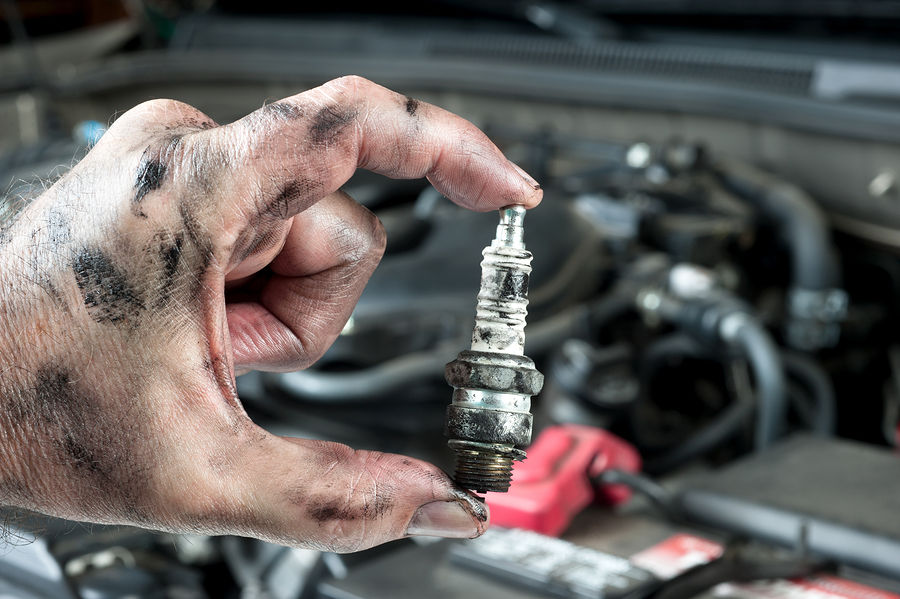Recent Articles
Popular Makes
Body Types
10 Things A Mechanic Doesn't Want You To Know
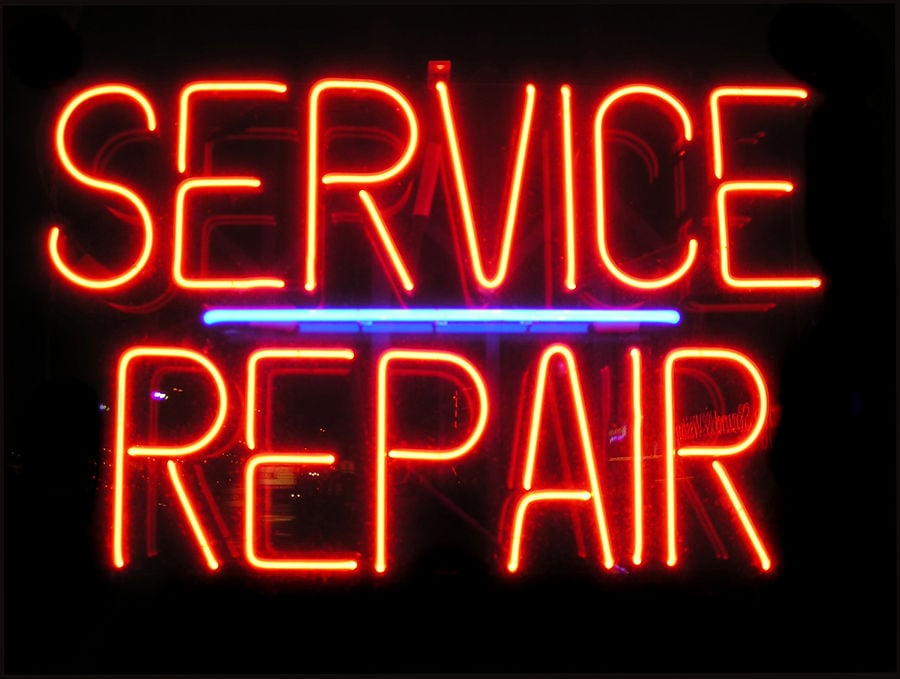
service repair neon sign
Many of us depend on our cars every day, and need them to be running smoothly so that we can do the shopping, drive the kids to their sporting events, and take our summer road trips. Having a car that’s broken down is stressful enough without having to worry about whether or not it is getting the proper service. There are a few secrets that your mechanic doesn’t want you to know – here are ten that could make your next car repair a bit easier to stomach (and maybe less costly too).
10) How easy some repairs are
Some repairs and maintenance procedures are easy enough that you may want to consider performing them yourself instead of having them done by a mechanic. Depending on what car you drive, changing your own oil or spark plugs might be an easy and rewarding task that could save you some money. If you aren’t comfortable with this type of work and don’t want to risk accidentally damaging your car, you might want to start with something like your lawnmower to try and boost your confidence, and work your way up.
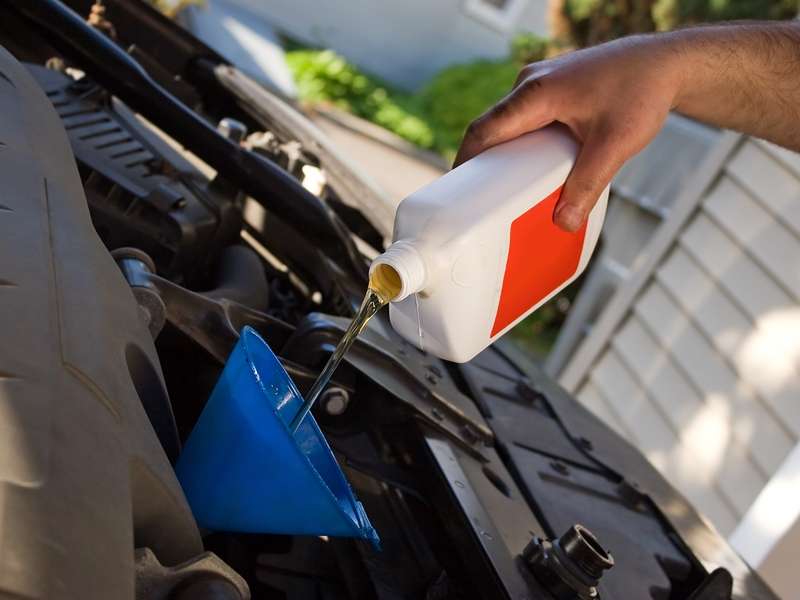
9) What other customers think of them
Or hopefully, they do want you to know this – at least they will if they have a good reputation. Ask around to see what garages the people around you have used, and what their experiences have been. You can also check online to see if a garage has been rated by other customers. Be aware however that different locations of the same chain can have vastly different reputations.
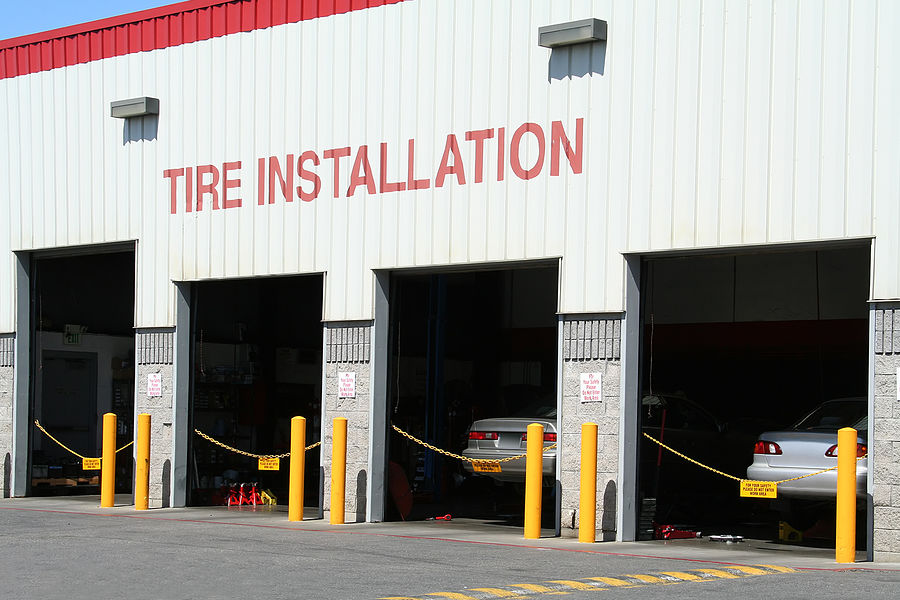
8) Which cars are reliable
Your mechanic would probably prefer that you drove on unreliable car, so that they can get more work repairing it for you – the most reliable cars are the ones that the mechanic never sees, except for routine maintenance. You can’t go by what cars they drive either – sometimes mechanics buy reliable cars, but othertimes they buy unreliable cars because they can be purchased for cheap, and they know that as a mechanic they will be able to keep them running. If you want to see if a car is reliable, check online to see other owners’ experiences.

7) That some garages are much less expensive than others
Dealers are usually the most expensive, followed by the chain garages, while smaller garages – especially those in rural areas – are usually the cheapest. While some of these establishments might not have the latest diagnostic equipment, they should still be able to perform most maintenance and many other repairs, including suspension, brake, and exhaust work. When it comes to repairs that involve electrical, electronic, emissions, or ignition issues, it’s best to ensure that the garage has the necessary equipment and expertise.
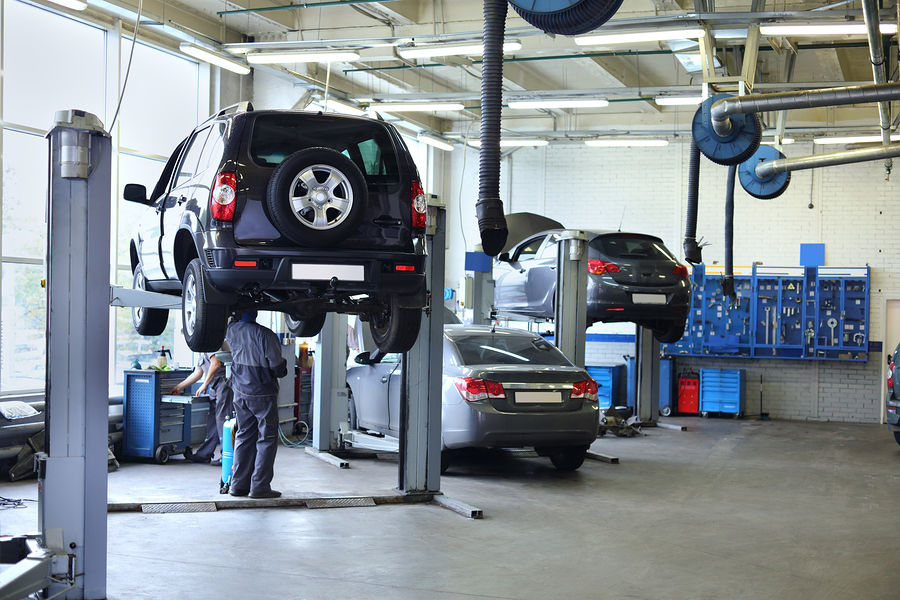
6) The true price of car parts
Some garages get a percentage of parts sales, or might have a friend in the parts business who they try and support. Often you can get the same part (even OEM or OE parts) for much cheaper elsewhere. If you decide to shop online, be sure to buy from reputable sources to help avoid the risk of receiving a counterfeit part. Ask your mechanic to see if they will install parts that you supply – often they will, but they probably won’t provide a warranty on the work if the part is defective.
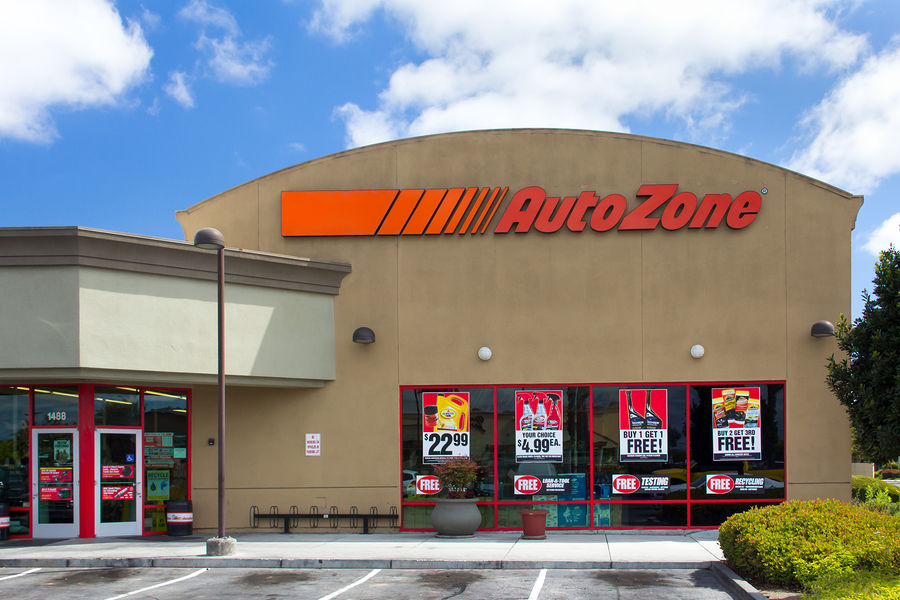
5) How the ‘book time’ for repairs works
There are guides that tell mechanics how long a repair should take, specific to your car and problem. Some garages use these guides to charge a ‘flat rate’ for repairs, based on the time listed in the book, no matter how long the actual repair takes. While this occasionally works out in favor of the consumer, the times listed are for the average mechanic, with some built-in time for slight problems that might come up during the repair. An experienced mechanic might be able to complete the repair in less time.
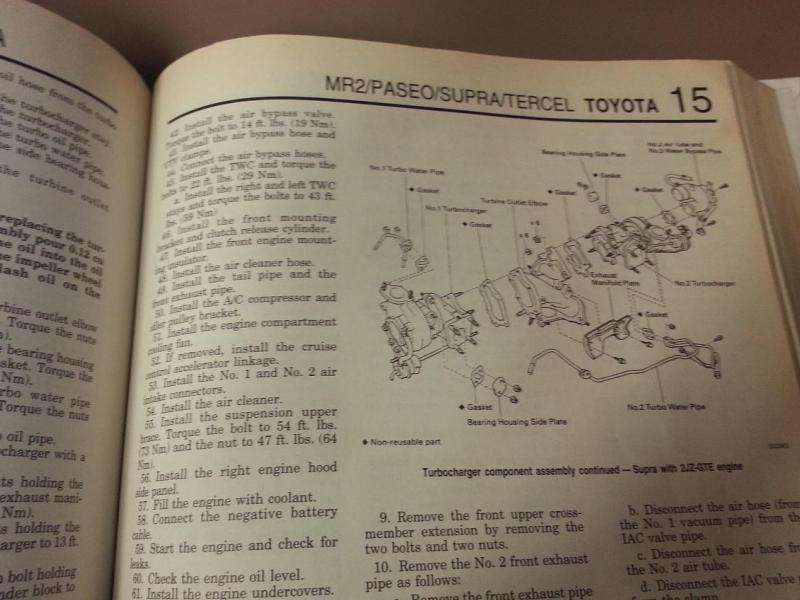
4) That they don’t know how to fix your problem
You would expect that your mechanic would know how to resolve your problem, but that isn’t always the case, especially with today’s cars and their sophisticated electronic equipment. Some mechanics are better than others, but even the best get stumped now and then, especially if they don’t have access to the proper diagnostic equipment or repair manuals. Don’t let the mechanic simply throw parts at your car hoping that they’ll solve the problem. Many cars have enthusiast websites that explain how to resolve problems that may elude some mechanics.
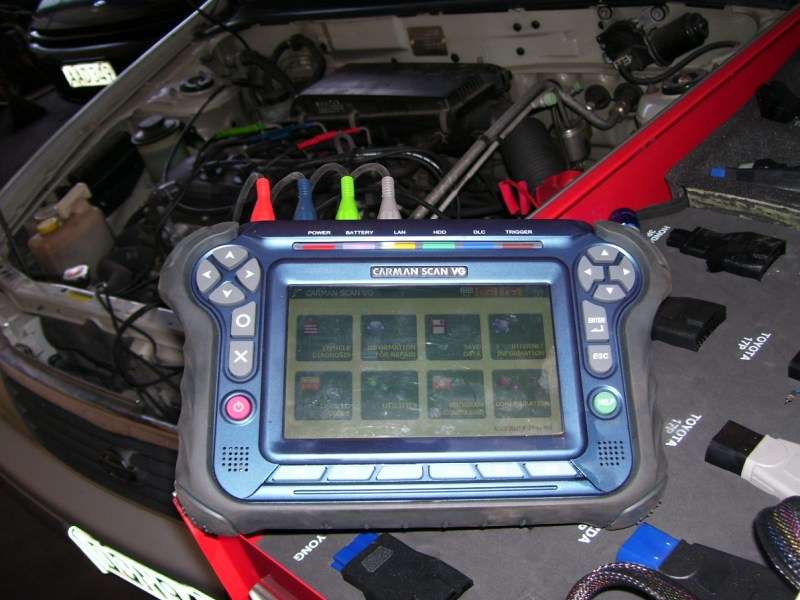
3) That some repairs are optional or have workarounds
Some repairs are obviously necessary, especially those that are safety related. On the other hand, do you really need that fancy optional feature? Is there a cheap and easy way to fix your problem? Especially if you have an older car, it might be worth it to get the car back on the road without actually fixing the problem. For example, if your air conditioning compressor is seized, depending on the car you may be able to cut the belt that runs to it or use an alternate belt routing to bypass it.
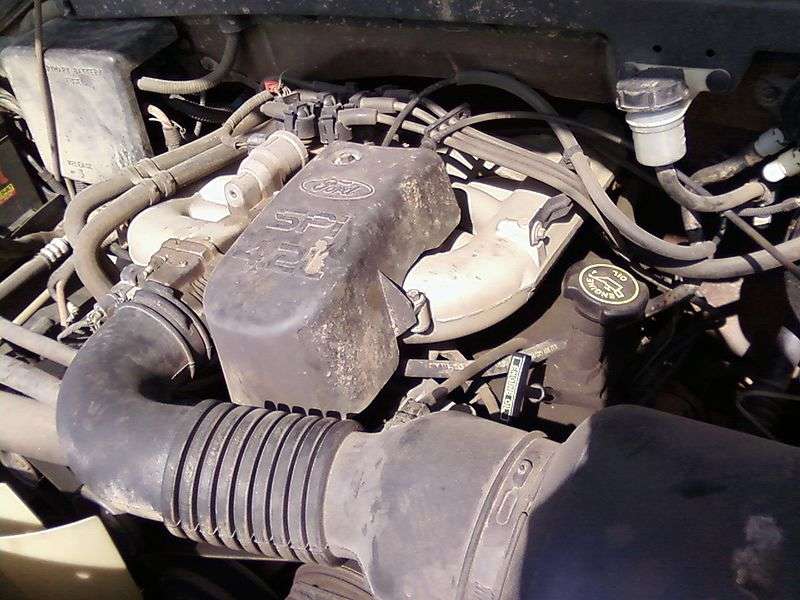
2) How your car works
If you know the parts of the car, and what they do, you’ll be better able to figure out if you are being cheated or taken advantage of by your mechanic. You don’t necessarily need to know exact details or know how to replace the part, but understanding the basics will help make sure you don’t have the transmission replaced when you really needed new shocks. Use the Internet to research your problem, and the suggested repair – you may even be able to repair it yourself.
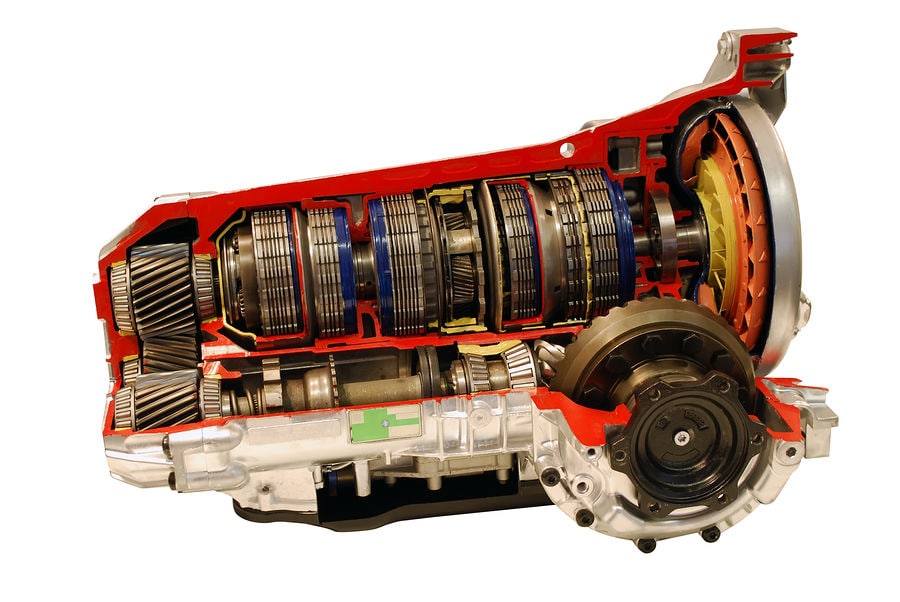
1) That they lied
Hopefully they didn’t, but a very small percentage of mechanics sometimes try to take advantage of their customers. Did they replace the part they said they would? Did it even need to be replaced? To answer these questions, ask for the old part that was removed from the car, preferably in the package that the new part came in. This proves that the part was replaced, allows you to verify the quality of the new part installed, and also lets you assess the condition of the old part.
